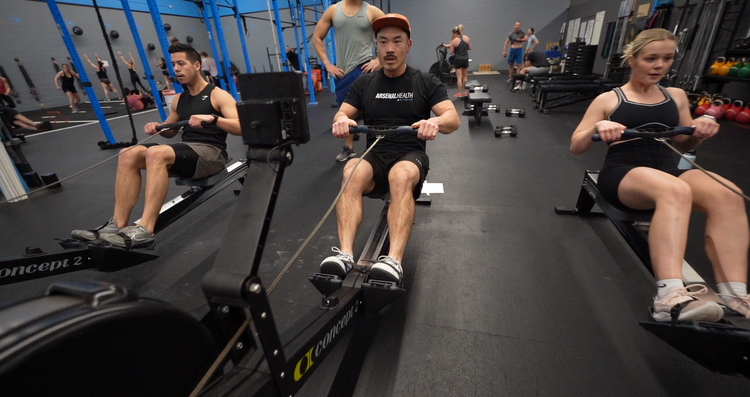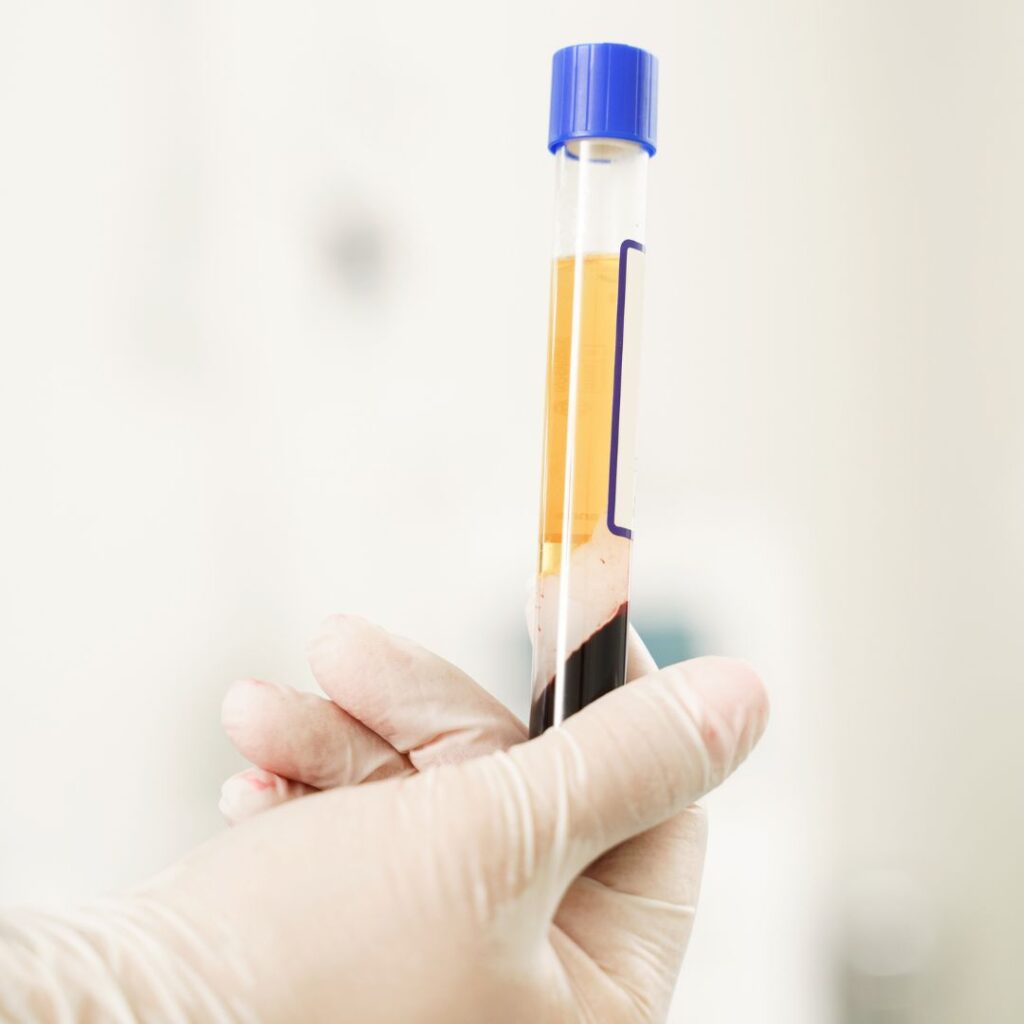For fitness enthusiasts who enjoy working out, it is common to worry about the impact of eating on their performance. Surely, no one wants to deal with digestive issues or discomfort mid-workout.
In this blog post, we will explore how long you should wait to exercise after a meal. Is it a hard and fast rule to wait for an hour, and what happens if you ignore it? Read on to find out.
Timing of Exercise and Eating
The timing of exercise and eating can significantly impact the effectiveness of your workout. Different people might have different perspectives on how long one should wait to exercise after eating.
Typically, you should wait two to three hours before moderate to heavy exercise. This timeframe allows for the digestion process to be complete, preventing stomach cramps and discomfort during exercise.
Moreover, allowing your body time to digest and absorb the nutrients will give you the energy required, promoting better performance during the workout. However, if you eat lightly or go for a light snack, an hour wait time should be enough. Many fitness enthusiasts have noted that they are at their best when they exercise on an empty stomach, at least six hours after the last meal. This is because the body has used up all the fuel, and you get to maximize fat-burning during exercise.
That being said, the timing of eating and exercise can differ from individual to individual. The type of workout you’re doing can also affect how long you should wait to exercise after eating.
Eating before Cardio
A study published in Nutrients found that the timing of pre-workout meals, whether consumed 15–75 minutes or 30–90 minutes before exercise, did not significantly impact workout performance. That being said, it is worth mentioning that some individuals may experience a sense of nausea or queasiness when consuming food immediately prior to engaging in a cardio workout.
The body’s reaction to physical exertion can vary among individuals and is influenced by factors like digestion and blood flow distribution. It is commonly advised to wait for approximately four hours before engaging in a cardio workout to allow optimal nutrient absorption. However, it is important to note that if you prefer to do a cardio workout early in the morning, some individuals may benefit from consuming a small pre-workout snack, such as an apple with peanut butter or a protein bar.
Is it better to exercise on an empty stomach?
It is essential to highlight that waiting too long before exercising can also be detrimental. Depriving your body of sufficient energy may lead to fatigue and weakness, decreasing your overall performance. A lack of fuel may also lead to dizziness and nausea, which may also compromise your health.
An additional factor to consider is the type of food you eat before exercising. High-fiber foods might take a bit longer to digest and could potentially cause some discomfort when combined with exercises like running or jumping for certain individuals. Now, when it comes to greasy, high-fat meals, they tend to upset the stomach during exercise.
If you’re looking for something to munch on with shorter wait times, go for some tasty and easily digestible snacks like bananas, nuts, and berries. They’ll get the job done!
Water also plays an essential role in exercise performance. Drinking water while exercising will help you maintain the right amount of hydration, as sweating may cause you to lose fluids.
However, drinking too much water immediately after eating may cause stomach discomfort. It is advisable to wait fifteen to twenty minutes before drinking water after eating and to drink small amounts at a time.
Conclusion:
In conclusion, there is no hard and fast rule regarding how long one should wait to exercise after eating. Generally, two to three hours before moderate to heavy exercise and an hour before light exercise are ideal wait times.
Additionally, choosing the right type of food and making sure to hydrate properly is vital for the success of your workout.
For additional assistance optimizing pre and post-workout nutrition for maximum session effectiveness, we highly recommend reaching out to our team of expert nutrition coaches. They can provide personalized plans tailored to your unique body and goals, ensuring the best possible results.





